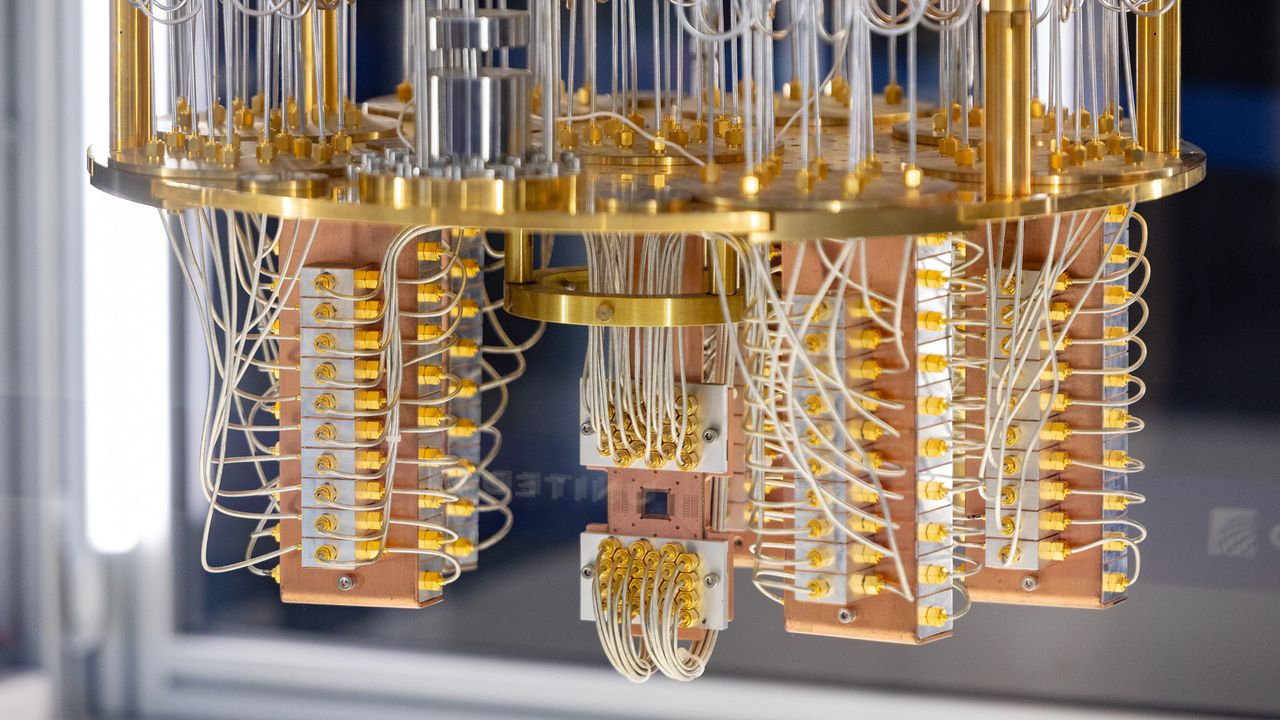
A group of physicists from Harvard and MIT just built a quantum computer that ran continuously for more than two hours. Although it doesn’t sound like much versus regular computers (like servers that run 24/7 for months, if not years), this is a huge breakthrough in quantum computing. As reported by The Harvard Crimson, most current quantum computers run for only a few milliseconds, with record-breaking machines only able to operate for a little over 10 seconds.
Although two hours is still a bit limited, researchers say that the concept behind this could allow future quantum computers to run for much longer, maybe even indefinitely. “There is still a way to go and scale from where we are now,” says research associate Tout T. Wang, “But the roadmap is now clear based on the breakthrough experiments that we’ve done here at Harvard.”
The main difference between “regular” and quantum computing is that the latter uses qubits, which are subatomic particles, to hold and process data. But unlike the former, which retain information even without power, quantum computers can lose these qubits in a process called “atom loss”. This results in information loss and eventually system failure.
The research team addressed this by developing the “optical lattice conveyor belt” and “optical tweezers” to replace qubits as they’re lost. This system has 3,000 qubits and allows them to inject 300,000 atoms per second into the quantum computer, overcoming the qubit loss. “There’s now fundamentally nothing limiting how long our usual atom and quantum computers can run for,” said Wang. “Even if atoms get lost with a small probability, we can bring fresh atoms in to replace them and not affect the quantum information being stored in the system.”
Other team members believe that this breakthrough will allow us to have quantum computers that can run forever in about three years. Before this, experts said that it was at least half a decade away, if not longer. Quantum computing has the potential to change the way we do computing, breaking barriers in cryptography, finance, medicine, and more. However, despite these advancements, it’s unlikely that we’ll have personal quantum computers in our living rooms and offices within the next decade, unless you’re a physicist or researcher working on these cutting-edge devices.
Follow Tom's Hardware on Google News, or add us as a preferred source, to get our up-to-date news, analysis, and reviews in your feeds. Make sure to click the Follow button!







